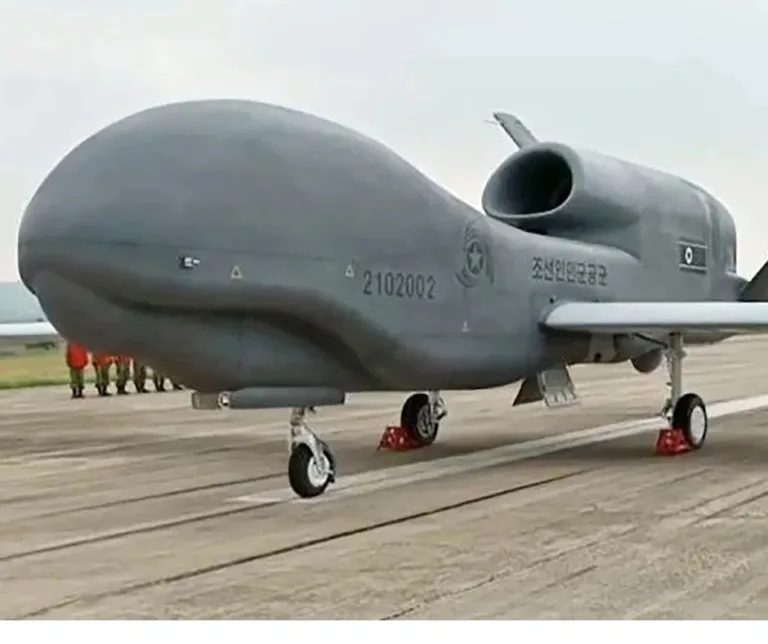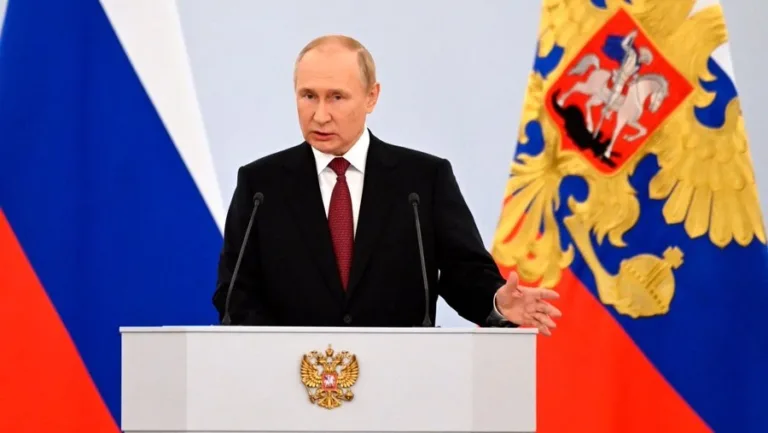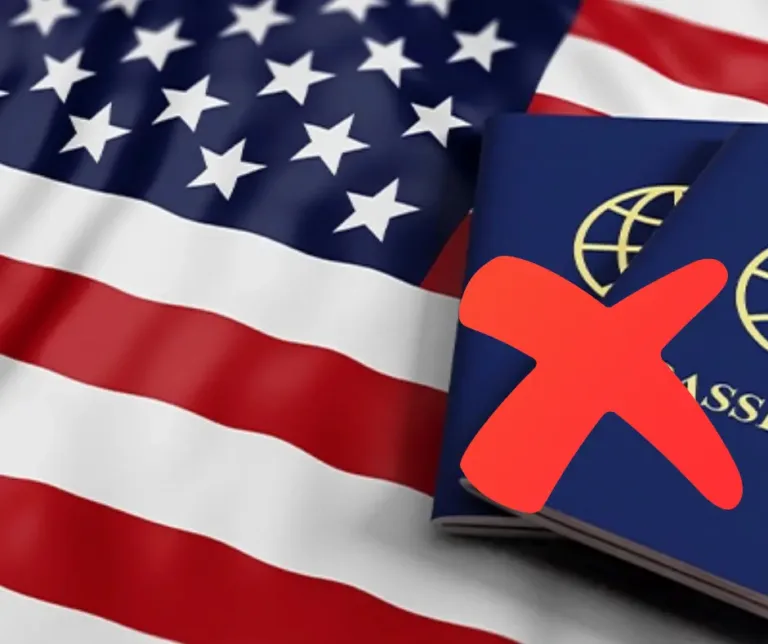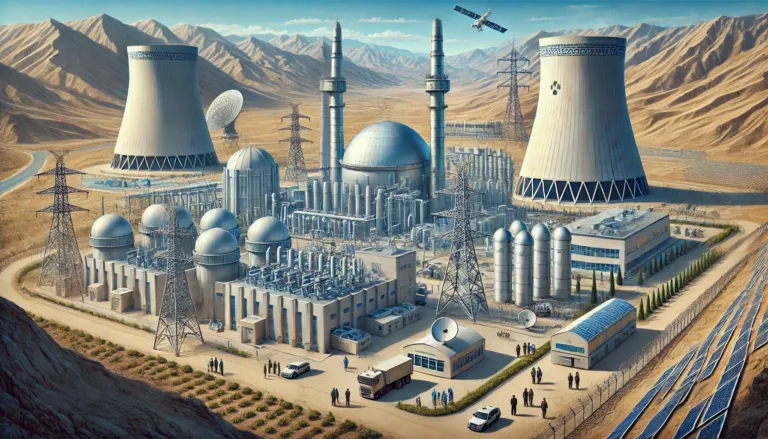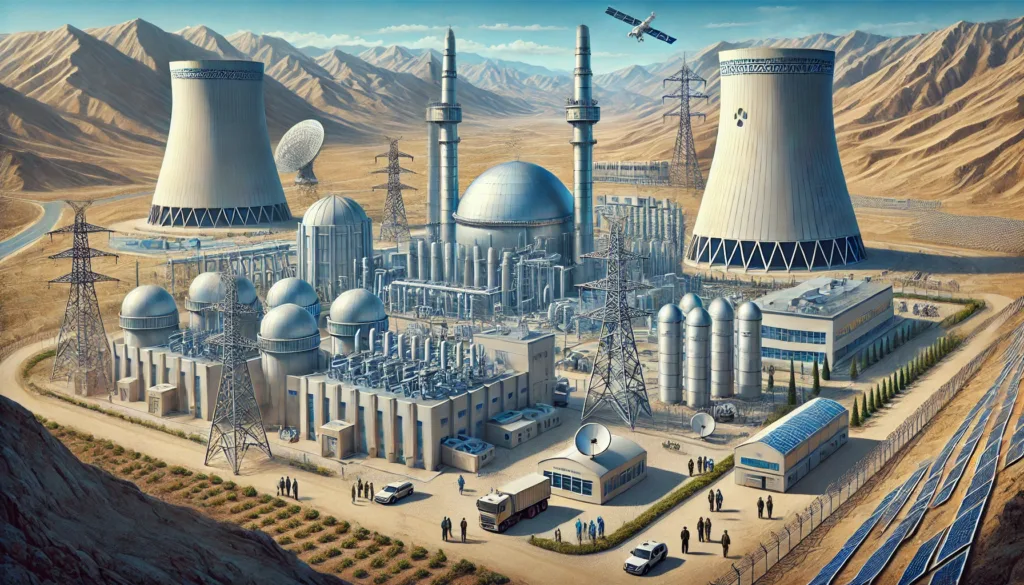
The global discourse surrounding Iran’s nuclear ambitions is a pressing concern, particularly for Western nations. While Iran maintains that its nuclear facilities are for peaceful purposes, world leaders remain skeptical due to the lack of transparency and potential for weaponization. The country’s advancing enrichment capabilities, combined with its strategic positioning in the Middle East, amplify the risks to global security and stability.
Why Are Iranian Nuclear Facilities Considered Dangerous?
- Potential Weaponization of Nuclear Materials
Iran’s advancements in centrifuge technology and uranium enrichment beyond the limits of the 2015 Joint Comprehensive Plan of Action (JCPOA) raise alarms globally. Israeli Prime Minister Benjamin Netanyahu stated, “Iran is openly violating its international commitments. They are marching toward a nuclear weapon, and we cannot let this happen.” - Regional Instability
A nuclear-armed Iran could ignite a Middle Eastern arms race, destabilizing the already volatile region. As U.S. President Joe Biden remarked during his tenure, “A nuclear Iran is a threat to global security and to the stability of our allies in the region.” The potential for escalation between Iran and countries like Saudi Arabia or Israel could have widespread repercussions. - Risk of Military Conflict
The possibility of an Iran nuclear site attack remains high, particularly if Western nations or allies like Israel decide to preemptively target key Iran nuclear facilities to halt progress. This could escalate into a broader conflict with devastating consequences. - Threat to Global Trade and Allies
Iran’s strategic control over the Strait of Hormuz—a critical oil shipping route—adds to the stakes. As former U.S. Secretary of State Mike Pompeo noted,
“Iran’s nuclear ambitions are not just a regional issue.
They are a global challenge that requires a collective response.”
-U.S. Secretary of State Mike Pompeo.
Expectations Under the Trump Regime
With Donald Trump back in office, his administration is anticipated to reassert a hardline stance on Iran, reminiscent of his previous tenure when he withdrew from the JCPOA.
• Renewed Sanctions
Trump is likely to reimpose crippling sanctions aimed at Iran’s key economic sectors. It is to be seen how the US administration under Trump reacts to this situation.
“The Iran nuclear deal was a disaster. My administration will ensure
Iran never comes close to a nuclear weapon.”
– Donald Trump, President USA.
• Potential Military Strikes
While Trump historically avoided prolonged conflicts, targeted strikes on Iranian nuclear facilities remain a possibility. This echoes the stance of Senator Lindsey Graham, who said, “A preemptive strike might be the only way to stop Iran if they continue down this path.”
• Strengthened Regional Alliances
Trump is expected to fortify U.S. ties with Israel and Gulf allies like Saudi Arabia and the UAE. These partnerships could serve as both a diplomatic and strategic counterbalance to Iran’s ambitions.
• Push for a Stricter Deal
Trump may attempt to negotiate a new agreement that imposes tougher restrictions on Iran. This aligns with the viewpoint of former National Security Advisor John Bolton, who argued, “We need a deal that permanently prevents Iran from even approaching nuclear capability.”
Conclusion
Iran’s nuclear facilities represent a complex challenge for the Western world. With Trump’s return to the presidency, his administration’s aggressive approach is expected to shape the international response. Whether through sanctions, diplomacy, or military action, the global community must navigate this issue carefully to prevent further instability in the region. As leaders worldwide have emphasized, the stakes are too high for complacency.
Prepared by Aron K, USFocusNews.com 16 November 2024
